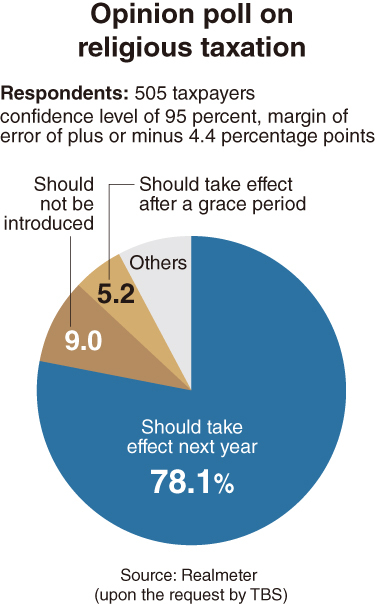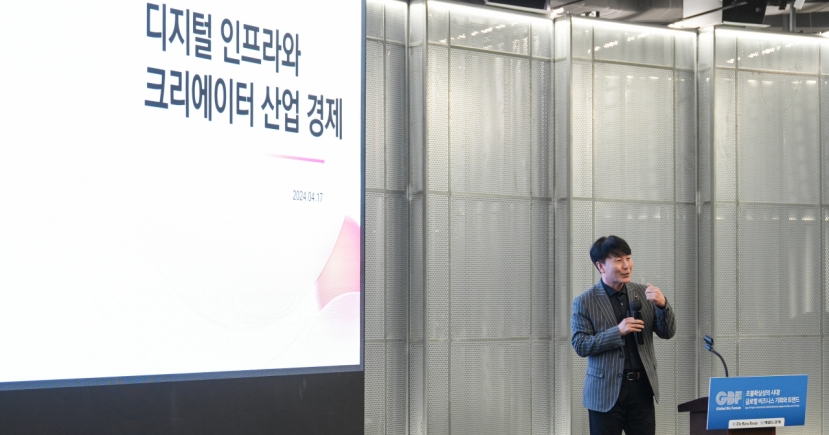Economy
Religious tax brawl disrupts Moon’s fiscal blueprint
[THE INVESTOR] President Moon Jae-in’s vision of improving economic equity looks set to suffer setbacks due to a group of Christian lawmakers’ resistance toward an incoming taxation bill on religious leaders.
As the administration and the lawmakers continued to remain at odds over the issue, a public poll showed on Aug. 24 that a majority of the public consider religious taxation necessary.
 |
Civic groups, led by the Korea Taxpayers’ Association, on Aug. 24 held a press conference in front of the Assembly, demanding the resignation of lawmakers who joined a push to revise the tax bill to postpone the effectuation regarding religious leaders.
The revision bill was led by Rep. Kim Jin-pyo of the ruling liberal Democratic Party of Korea, who was the chief of the State Affairs Planning Advisory Committee, the headquarters in charge of establishing the president’s key state affairs direction.
According to the revision proposed by Kim, taxation on clergy will be given another two years’ grace period and will take effect in January 2020, instead of January next year.
Since 1968, talks on religious tax have been ongoing, as the clergy has been excluded from income taxes, creating disputes over taxation equality.
A related bill was finally approved in 2015 to effectuate religious taxes, starting from January 2018, but Kim’s claim was that the National Tax Service needs more time to revise its related regulations.
“Except for some conservative Protestant groups, a majority of the public and civic society is demanding that the religious tax takes effect as planned,” the civic groups said in a joint statement.
“Those who colluded with religious groups’ interests have failed to represent the people and therefore no longer deserve to be in the legislature.”
The participants -- mostly affiliated with Buddhist or Catholic clusters -- held up 25 placards, one for each of the 25 lawmakers who signed the bill.
President Moon has repeatedly vowed to increase tax revenues and promote taxation justice in order to carry out his welfare programs.
National Tax Service Commissioner Han Seung-hee had echoed Moon’s commitment during a parliamentary confirmation hearing in June, saying, “I shall make sure it takes effect next year as scheduled.”
The Ministry of Strategy and Finance also confirmed recently that no change had been made to the government’s timeline.
“The fact that a related bill was submitted to the parliament does not bring changes to the government’s stance (on taxing the clergy),” Vice Finance Minister Ko Hyoung-kwon told reporters earlier this week.
So far, the ruling party has refrained from officially commenting on the issue.
Meanwhile, a survey by local pollster Realmeter showed that 78.1 percent of respondents supported the current plan to start religious taxation next year. Of the 505 respondents, 14.2 percent stood against the idea, with 9 percent opposing the taxation altogether and 5.2 percent agreeing with the postponement.
By Bae Hyun-jung/The Korea Herald (tellme@heraldcorp.com)








